
A Food-Based Approach to Reducing Fatigue
Which Food Groups Reduce Fatigue?
Foods high in protein, good fats, and fibre are the best choices. It is also beneficial to consume foods rich in iron and other nutrients. To improve your life even more, you might want to reduce certain foods or eat at specific times. By reducing sugar and caffeine, for example, you can improve your health. Although they provide energy, it quickly wears off! If your energy rushes off too quickly, you may feel more fatigued or sick during treatment. There are lots of great alternatives to coffee, including peppermint tea! By stimulating the central nervous system, reducing pain, and improving concentration, this tea can boost your physical activity and cognitive function.
What Is the Best Tea for Energy and Focus?
- Lemongrass
- Yerba Mate
- Ginger
- Rooibos
- Rosemary
For information on herbal tea, read our blog - Herbal Tea Recipes to Overcome Cancer Fatigue.
Top 10 Energy Foods: Alternatives to Sugar-Based Foods
We all know keeping up with our nutrition is important. Even if you can’t eat a lot right now, grazing on healthy snacks throughout the day can help give you needed nutrients, energy, and may help reduce nausea.
1. Hummus
Chickpeas, the main ingredient in hummus, are loaded with iron, folate, phosphorus, and B vitamins, providing steady energy. Hummus also contains lemon juice, a great source of vitamin C and antioxidants. Tahini, made from sesame seeds, adds copper, zinc, magnesium, calcium, and phosphorus.
2. Apples
Rich in natural sugars and fibre, apples provide a slow and sustained energy release while stabilising blood sugar. Try dipping apple slices into peanut butter for a super-boosting energy snack!
3. Yogurt
Yogurt contains nearly every nutrient your body needs. The carbs in yogurt, primarily simple sugars like lactose and galactose, provide ready-to-use energy. Add fruit, oats, and seeds for an extra energy boost.
4. Bananas
An excellent source of complex carbs, potassium, and vitamin B6, bananas help boost energy levels. Vitamin B6 metabolises carbohydrates and fats, producing energy and supporting red blood cell production. Vitamin C enhances iron absorption, helping reduce fatigue.
5. Eggs
Eggs contain nutrients, fat, and protein that provide energy and aid in vitamin absorption. Leucine, an amino acid in eggs, stimulates energy production by helping cells take in blood sugar, producing energy, and breaking down fat.
6. Iron-Rich Foods
Cancer treatments like chemotherapy and radiation can cause anaemia, resulting in fatigue. Red blood cells transport oxygen to support body function. Try eating:
- Red meat, pork, and poultry
- Seafood
- Beans and peas
- Dark green leafy vegetables, such as spinach
- Dried fruits, such as raisins and apricots
- Iron-fortified cereals, breads, and pastas
7. Unprocessed Foods
Processed foods, such as packaged snacks, candy, boxed meals, and precooked meats, often contain preservatives, additives, sodium, trans fats, and artificial ingredients that may slow you down.
8. Nuts & Seeds
Nuts provide a blend of protein, fats, and carbohydrates for sustained energy. They're also rich in vitamins and minerals like magnesium, calcium, and phosphorus.
9. Leafy Greens and Cruciferous Vegetables
Green vegetables like spinach, kale, broccoli, and Brussels sprouts are rich in vitamins A, E, and K, which fuel the body and support immunity and gut health.
10. Beans and Lentils
Beans and lentils provide B vitamins and iron to support red blood cell production and oxygen levels. As a slow-burning energy source, their fibre and complex carbohydrates offer long-lasting energy.
For more help, read - 'Avoiding Certain Foods to Reduce Fatigue'

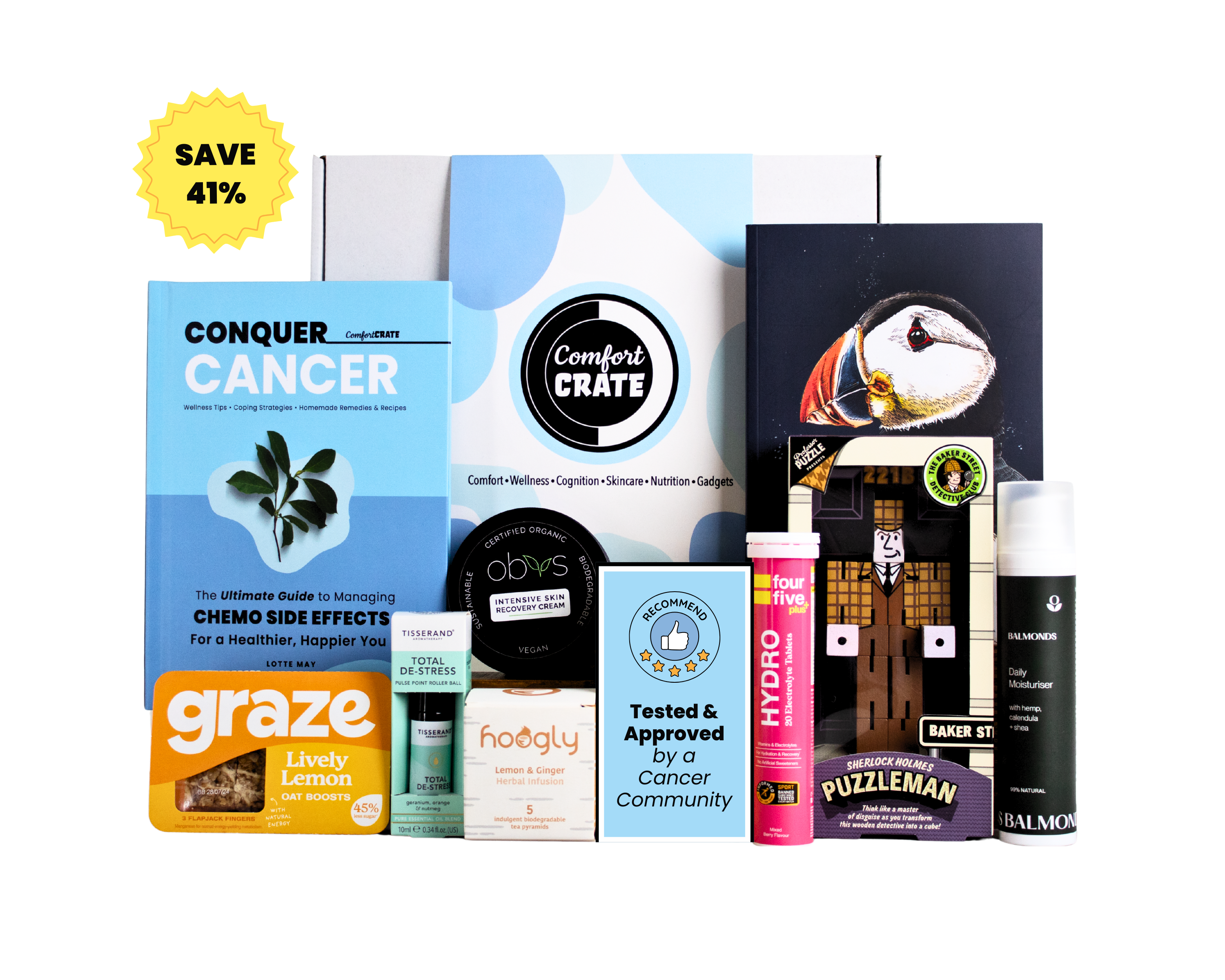

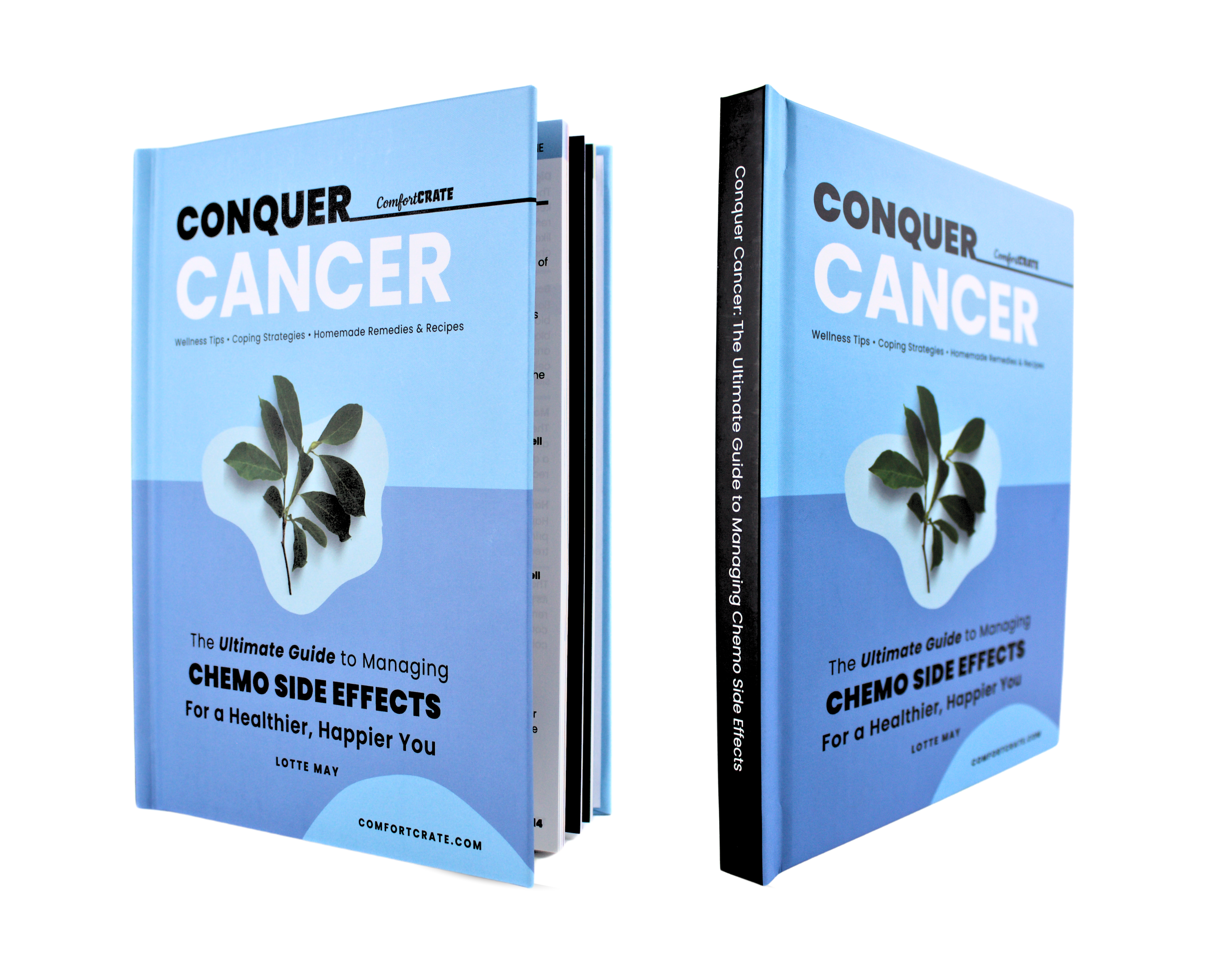
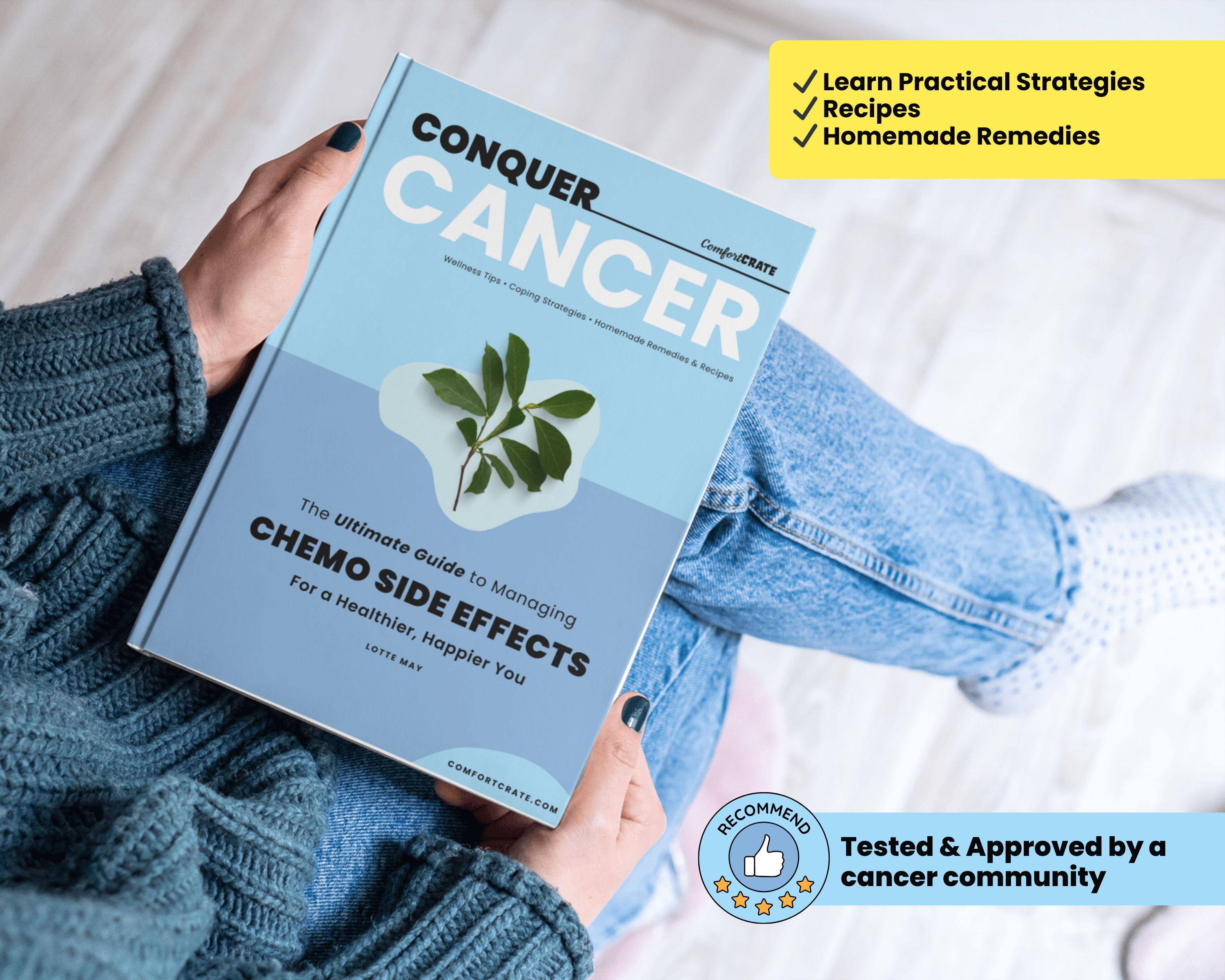


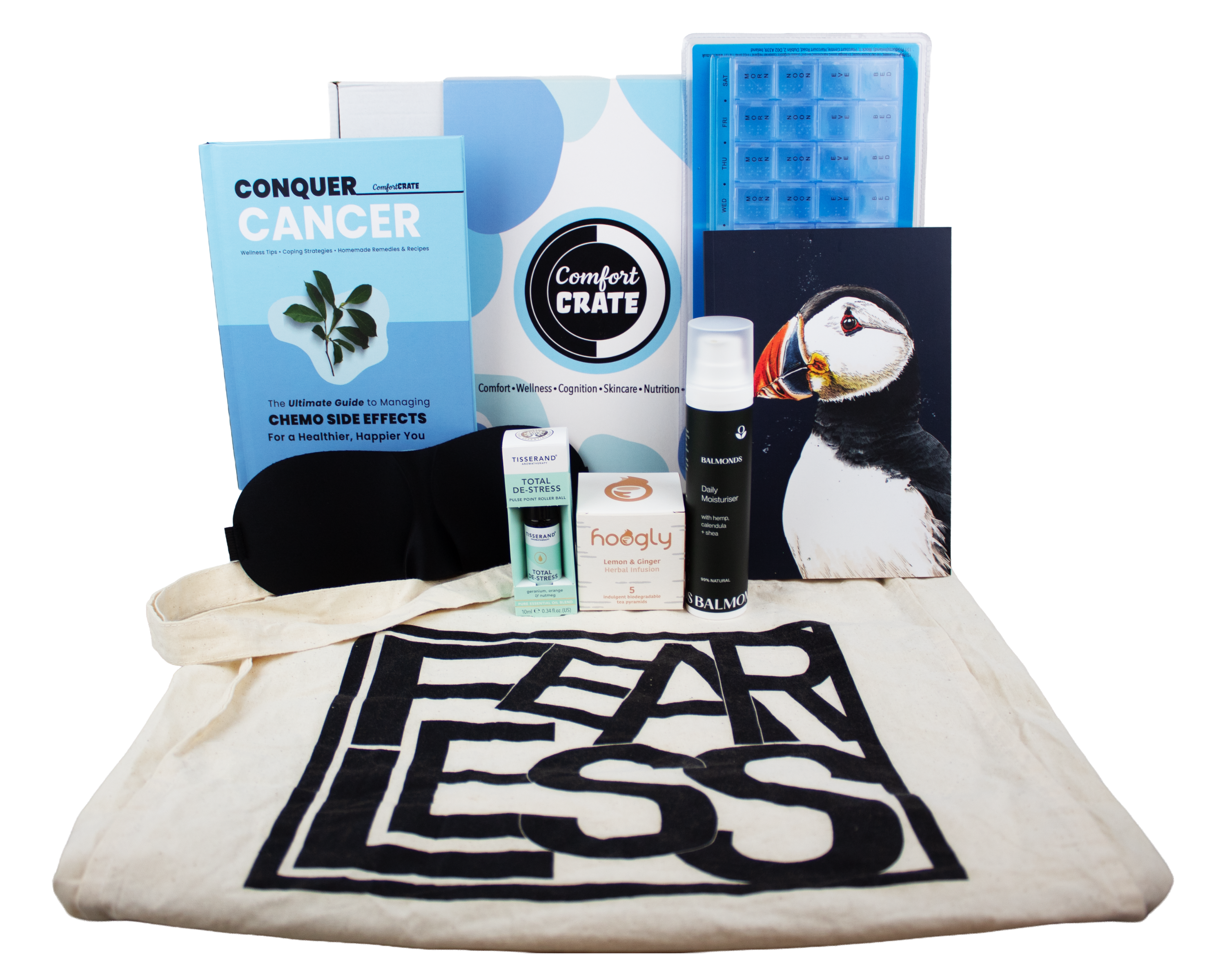
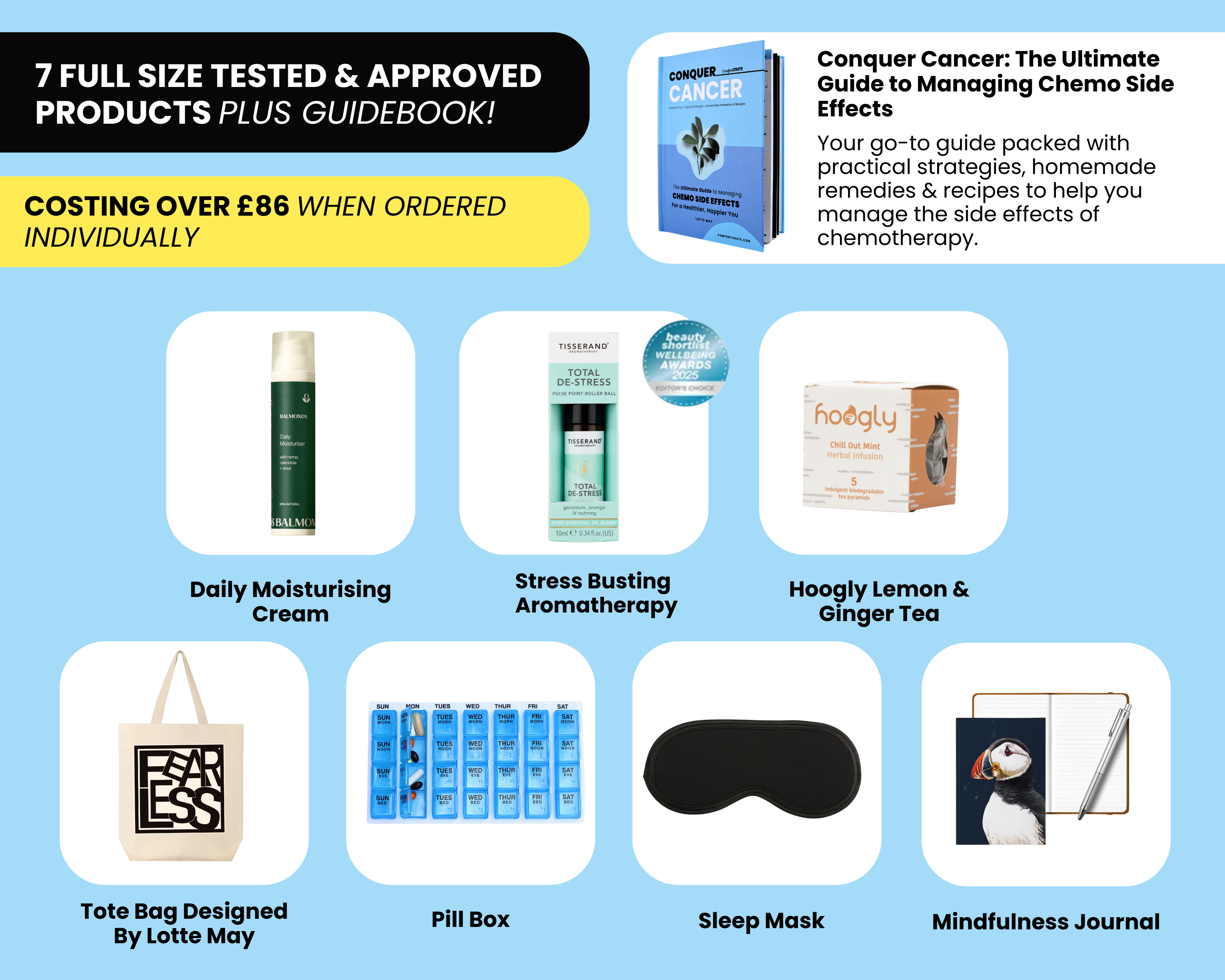

Leave a comment
This site is protected by hCaptcha and the hCaptcha Privacy Policy and Terms of Service apply.